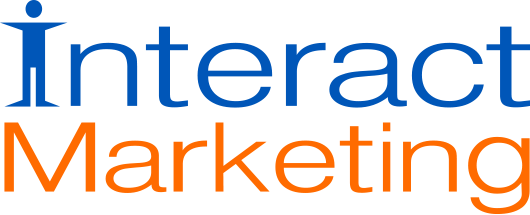By now every Googler has experienced the latest search innovation that instantly displays results with each letter typed. The enhanced technological feature ”Google Instant” produces results faster and is changing the way people conduct internet searches. As search behavior evolves over time, online marketers will need to rethink how they structure pay-per-click advertising campaigns. It’s now more important than ever to take a methodical, well organized approach to produce effective online marketing.
Google says it engineered the change in part because people type more slowly than they read, which means we can scan results as we type. With results updating with each additional key stroke, we can refine our searches until we find exactly what we seek. “By predicting your search and showing results before you finish typing, Google Instant can save two to five seconds per search,” according to the search engine. “Even when you don’t know exactly what you’re looking for predictions help guide your search.”
Searchers using modifiers before broad terms will find its better to reorder multi-word phrases due to Google Instant. A user looking for “stylish waterproof calf-length raincoats,” for instance, will get what they seek more efficiently by beginning the phrase with the term “raincoats” followed by the modifiers. Otherwise, Google Instant would start returning results based on the word “stylish,” which could relate to a multitude of things. Does this require dramatic changes for PPC advertisers?
Not really but it does require a disciplined structure. As always, pay-per-click campaigns do best with inventory organized hierarchically based on search volume, brands, categories, audiences and margins. This enables etailers to measure how individual inventory items perform and make adjustments accordingly. A well-structured campaign lets online retailers identify profitable opportunities ahead of competitors; correct inefficiencies to reallocate funds or change targeting, and, respond quickly to store activity such as adding inventory when necessary or holding promotions to drive sales of slow movers.
While the instant feature speeds up search and enables fast fine tuning thanks to immediate feedback, it also increases ad revenue for Google because it shows more ads to more users. This means AdWord advertisers will need to compete more aggressively for leading predictions from Google Suggest. Marketers need to pay closer attention to what Google Suggest is recommending to searchers, develop ways to influence those recommendations and win at the more competitive terms predicted by Google.


